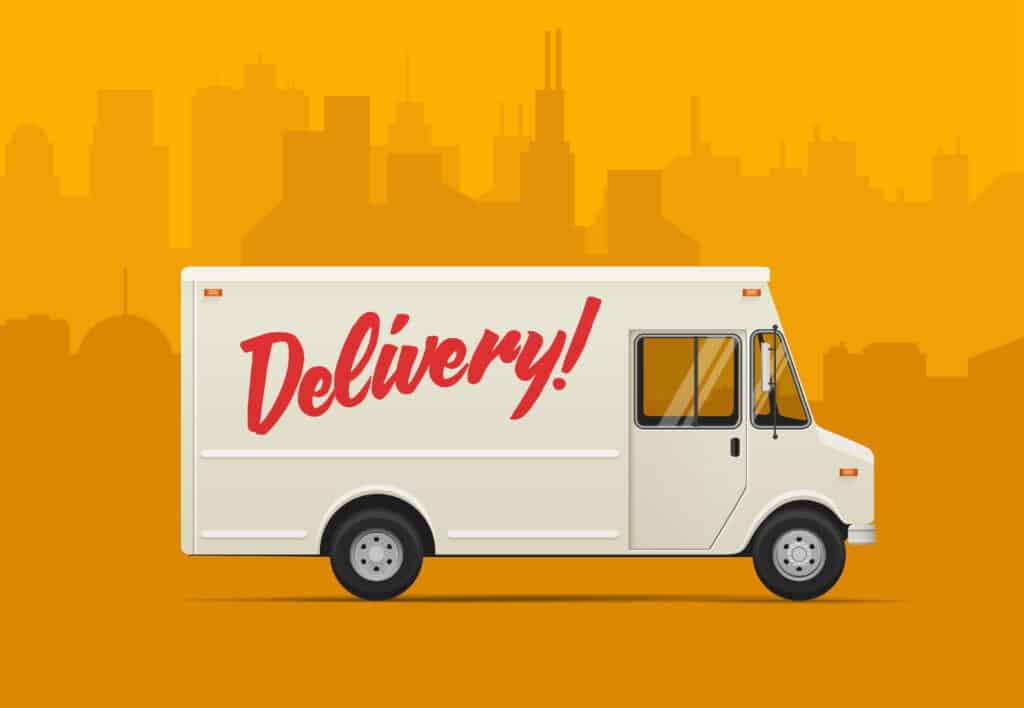Two Colorado cities that are planning to allow recreational cannabis delivery in 2021 will require the businesses to obtain social equity licenses from the state.
The state legalized cannabis delivery in 2019, allowing for medical deliveries in 2020 and recreational deliveries in 2021. So far, only a handful of Colorado municipalities permit medical cannabis delivery within their borders: Boulder, Longmont and Superior.
Aurora, which has 24 recreational dispensaries but no medical marijuana program, is expected to be the first to offer delivery of adult-use cannabis, with Denver to follow on July 1. Both cities will only issue licenses to state-licensed social equity applicants for the first three years after they launch. None of the cannabis retailers located in Aurora is owned by a social equity licensee.
“Once they get the licensing part of it and the fees all taken care of, they still have to follow state laws,” said Robin Peterson, manager of Aurora’s Marijuana Enforcement Division.
That means delivery vehicles must be outfitted with technology such as GPS systems for tracking and video surveillance recording equipment for monitoring the outside of vehicles. Delivery vehicles that are transporting cannabis valued at $2,000 or more also must be “enclosed,” meaning drivers cannot reach the product from the front of the automobile.
“If it’s less than $2,000 in value, he could put it in the glove compartment, but the product has to be in a fixed opaque lockbox,” said Sarah Woodson, executive director of The Color of Cannabis, which advocates for people of color to participate in the regulated cannabis market.
Then there’s the estimated $15,000 cost to get the social equity license, said Woodson, who is calling for the state to waive those fees. In addition to waiving that fee, Woodson also would like to see the state offer a loan program that will help social equity applicants start delivery businesses because capital will be their biggest barrier to entry.
“There needs to be some kind of emergency rules that allows fees to be waived or reduced on the state level,” she said. “There’s no guarantee you’re going to be successful and be sustainable, but at least waive those fees. The state has to come up with a program for funding so we can have a successful program.”
The state finalized its social equity guidelines just ahead of the Jan. 1 deadline, said Shannon Gray, marijuana communications specialist for the Colorado Department of Revenue’s Marijuana Enforcement Division.
To qualify for a social equity license, an applicant must be a Colorado resident and not previously have owned a marijuana business that was subject to revocation. Applicants also must meet one of the following to qualify:
• Resided for at least 15 years between 1980 and 2010 in a census tract designated by the Office of Economic Development and International Trade as an opportunity zone or designated as a disproportionate impacted area
• Applicant or applicant’s parent, legal guardian, sibling, spouse, child or minor in their guardianship was arrested for a marijuana offense, convicted of a marijuana offense or was subject to civil asset forfeiture related to a marijuana investigation
• Have household income in the year prior to application that did not exceed 50% of median household income.
The social equity licensee also must hold at least 51% ownership in the business.
Permitting only social equity licensees to qualify for delivery and transport licenses will help bring more people of color into the industry. Nationwide, just 4.3% of cannabis-related businesses are owned by Black people and 5.7% are owned by Hispanic and Latinos, according to The Color of Cannabis website.
“Colorado ruled that you could not have a drug felony and be a licensee,” Wanda James, owner of Denver retailer Simply Pure, said in a statement on The Color of Cannabis website. “This prevented cannabis visionaries from participating in the first round of medical marijuana dispensary licenses. In Denver before legalization, over 33% of arrests for simple possession were [of] black[s[. This fact alone prevented cannabis visionaries who happen to be black from being a licensed owner.”
Responsible vendor training will be required for all businesses approved to deliver cannabis. The Color of Cannabis is offering a 10-week course to people qualifying as social equity applicants on operating various cannabis businesses, including delivery. In addition to delivery, the course covers the history of cannabis, cultivation, retail, THC-infused products, compliance and best practices, hospitality, licensing and accessing capital. Woodson recommends that delivery business owners as well as their employees take the course.
“The people who are starting this will be pioneering, so you’ll be going through all the hard hiccups and headaches,” Woodson said. “But if it’s anything like what we see with (grocery and dining) delivery now, it will be lucrative.”






2 thoughts on “Recreational cannabis delivery in Colorado hinges on equity program”
Pingback: How The Color of Cannabis is changing the playing field in Colorado - MJ Brand Insights
Pingback: Green Dragon rolls out long-awaited cannabis delivery in Colorado - MJ Brand Insights